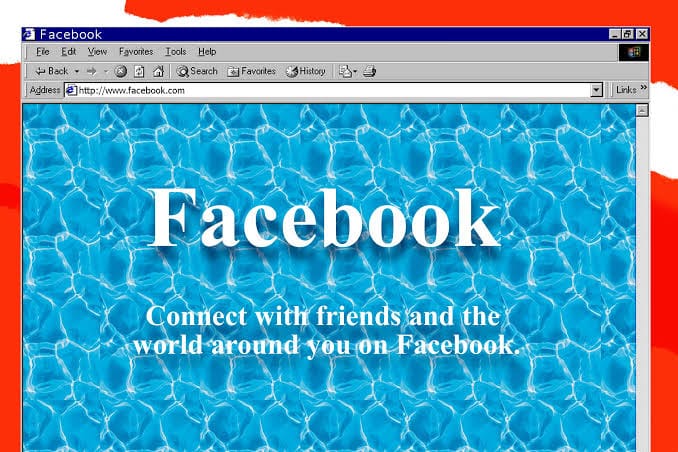Why the Internet Era Might Be History's Least-Documented Period

Last week, I tried to find some photos from my college graduation. Despite being only fifteen years ago, they proved surprisingly elusive - trapped on a defunct Photobucket account, lost to a crashed hard drive, and scattered across social media platforms that no longer exist. This got me thinking about a paradox: we're generating more data than ever before, yet we might be leaving fewer lasting records than any civilization in history.
The Data Deluge
We're drowning in data. Every day, humanity produces about 2.5 quintillion bytes of information. Every minute:
- 500 hours of video are uploaded to YouTube
- 347,222 Instagram stories are posted
- 500,000 tweets are sent
- Countless digital photos are taken, messages exchanged, and documents created
By any metric, we're the most documented civilization ever. Future historians should have an unprecedented window into our daily lives, thoughts, and experiences.
Right?
The Digital Rust Belt
Remember Geocities? Yahoo shut it down in 2009, taking with it millions of early websites - a unique snapshot of early internet culture. The Internet Archive managed to save some pages, but most are gone forever. MySpace lost 12 years of music uploads during a server migration. Google+ vanished, taking with it communities and conversations. Vine? Gone. The original Twitter? Transformed beyond recognition.
But platform death is just the tip of the iceberg. Consider format obsolescence: try opening a WordPerfect file from 1995, or running software from a floppy disk. Even if you have the data, you might not be able to access it.
The Analog Advantage
We can still read Egyptian hieroglyphics carved 5,000 years ago. We can examine medieval manuscripts, Renaissance paintings, and Victorian photographs. These analog formats have proven remarkably durable.
In contrast, digital storage is surprisingly fragile:
- Hard drives fail
- Bit rot corrupts data
- File formats become obsolete
- Encryption keys are lost
- Cloud services shut down
- Links decay
- Software becomes incompatible
The average lifespan of a webpage is just 100 days. A clay tablet can last millennia.
The Preservation Problem
"But surely someone's preserving all this?"
Yes and no.
The Internet Archive does heroic work, but they can only save a fraction of the web and they do so under constant, desperate, grasping legal threat. Libraries and archives are struggling to preserve digital materials. Even tech giants lose data - just ask anyone who trusted Google to keep their Google+ posts forever.
The core problem is that digital preservation requires constant active maintenance. It's not enough to just store the bits - you need to:
- Regularly transfer data to new storage media
- Maintain software that can read old formats
- Keep systems running and compatible
- Pay for ongoing storage and maintenance
- Preserve context and metadata
This is expensive and labor-intensive. In contrast, a book on a shelf just needs to be kept dry and (preferably) away from fire.
The Social Angle
There's also a social dimension to this. Previous generations wrote letters, kept diaries, and printed photographs. These physical artifacts often survived in attics and archives. Today, we send ephemeral messages and store photos in the cloud. When we die, our digital presence often dies with us - locked behind passwords or lost to obsolete services.
This hits hardest for ordinary people. The Library of Congress might preserve Barack Obama's tweets, but what about your grandmother's Facebook posts about family history? Those could disappear with her account.
This isn't about preserving cat videos. Future historians studying our era will face unique challenges. How will they understand our society if most of our communications, cultural artifacts, and daily records have vanished?
Some potential solutions:
- Better digital preservation strategies (but who pays?)
- More robust archiving systems (but who maintains them?)
- Return to some analog recording (but is this realistic?)
- Legal requirements for data preservation (but how and who to enforce?)
None are perfect, all require resources and coordination we haven't yet committed. And at this moment, seem rather unlikely to.
Perhaps we need a hybrid approach. Critical records could be preserved in both digital and analog formats. Personal archiving could become a emphasized skill, like digital literacy. We might need new institutions dedicated to long-term digital preservation.
But first, we need to recognize that the problem actually exists. The digital age promised to make everything accessible, but instead made everything ephemeral. Unless we act, we risk becoming an unexpected dark age - not for lack of records, but for lack of readable ones.
Discussion